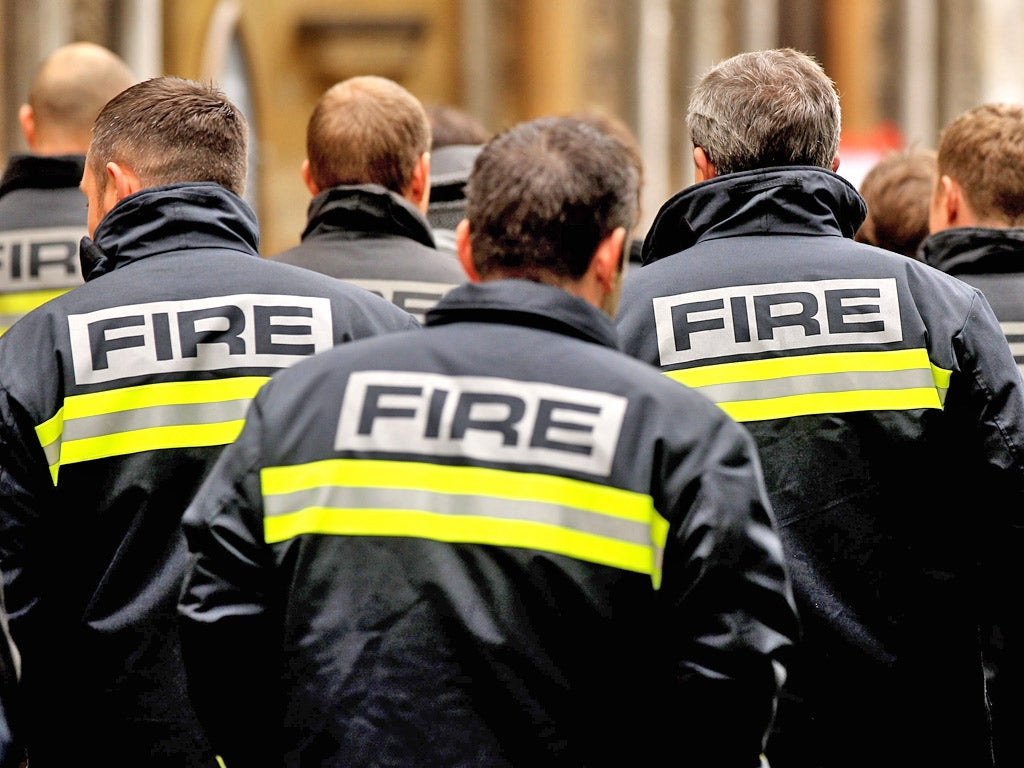Your support helps us to tell the story
From reproductive rights to climate change to Big Tech, The Independent is on the ground when the story is developing. Whether it's investigating the financials of Elon Musk's pro-Trump PAC or producing our latest documentary, 'The A Word', which shines a light on the American women fighting for reproductive rights, we know how important it is to parse out the facts from the messaging.
At such a critical moment in US history, we need reporters on the ground. Your donation allows us to keep sending journalists to speak to both sides of the story.
The Independent is trusted by Americans across the entire political spectrum. And unlike many other quality news outlets, we choose not to lock Americans out of our reporting and analysis with paywalls. We believe quality journalism should be available to everyone, paid for by those who can afford it.
Your support makes all the difference.The retirement age for people who do physically demanding work should be lower than for people who work in sedentary professions, a Labour leadership contender has suggested.
Jeremy Corbyn said people like fire-fighters, builders, and emergency services workers should be exempt from the rising state pension age.
“Some people will be happy to work longer, others not. But living longer doesn’t mean we are able to work longer in physically demanding jobs like that of the firefighter, police officer or paramedic,” he wrote in a comment article for the the Daily Telegraph newspaper.

“So we need a flexible pension age that allows people to work for as long as they want to, while also recognising that for many people the nature of their work, their health, or their disability may not allow that.”
In the same article Mr Corbyn hinted that taxes might have to rise to fund better protection for the elderly, noting that they had previously been higher even under Margaret Thatcher’s premiership.
The number of people aged over 65 is expected to increase by 51 per cent over the next 20 years, putting more strain on the NHS, state pensions, and the social care system.
The retirement age is now tied by legislation to increasing life expectancy, which a business plan by the Department for Work and Pensions suggesting it could go up as much as six months every year.
It is estimated that the retirement age will hit 70 within the next 50 years as a result of increases in life expectancy.
The current retirement age is 65 for men and 60 for women, though these are both set to increase to 66 by 2020.

Join our commenting forum
Join thought-provoking conversations, follow other Independent readers and see their replies
Comments